Will Turkey Be Kicked Out of NATO?
The shooting of the Russian jet fighter by the Turkish air force was, unquestionably, a provocation. So far Russia has shown restraint and has avoided escalation by not retaliating militarily. A Russian military retaliation would have allowed the use of NATO‘s charter article five, which stipulates that if any member is attacked, all members are obligated to join in. However, the tension has not been diffused. Turkish Prime Minister Tayyip Erdogan has publicly complained that his calls to the Kremlin have not been returned. The fact that Erdogan has been put on ice by Moscow should not come as a surprise to him or anyone else. After the attack on the Russian plane, President Vladimir Putin’s first statement was to say that Russia was “stabbed in the back” by the Erdogan administration.
Putin was indeed. Before Russia’s military involvement in Syria, the cautious Russian leader held talks, in Moscow, with both Erdogan and Israeli PM Benjamin Netanyahu. A clear understanding of Russia’s military intentions and goals were conveyed to both Erdogan and Netanyahu. By taking down the Russian jet fighter, Erdogan broke that deal and crossed Putin, and by doing so he dragged his country and potentially the entire world into a very dangerous territory. Crossing the Russian leader or lying to him is probably not a good idea. The crisis introduced by Turkey’s provocation is still not diffused and could easily become a recipe for World War III. Who are the players in it and what sorts of conflicting geopolitical agendas are they running in this dangerous imbroglio?
The Sunni axis of Turkey and the Gulf States
Unlike most Muslim countries in the region, Turkey used to be a secular state. Unfortunately for the Turks, and the geopolitical balance, this quickly changed once Erdogan’s Sunni Islamist party took power. Saudi Arabia, Qatar, the Emirates and Turkey became staunch allies to promote, including by force, a Sunni agenda in the region. This was done with the blessings and active help of the United States and Israel. Regime change in Syria became the top priority on the Sunni axis agenda, mainly to weaken and isolate Shiite Iran. With Bashar al-Assad gone, the supply line from Iran to Hezbollah in Lebanon would have been cut off. Weakening Iran, their common regional enemy, was an enticing proposition for the Gulf States as well as Israel.
There is countless evidence to establish the direct involvement of Turkey and the Gulf states in the creation of the entity with many names (ISIS, ISIL, Daesh, etc.), which is ironically also called Islamic State. It is, of course, not a state and not even Muslim, but instead an eclectic jihadist mercenary army originally armed and financed by the Sunni axis to topple al-Assad. The Saudis and Turks thought they could control the jihadists, but now the 80,000-strong foreign legion that is ISIS does not need its original sponsors and has its own finances (through oil fields under its control), an impressive arsenal and a different agenda. ISIS went off script as it embraced its Caliphate project.
The axis of Russia and Iran
Iran was the first major regional power to get involved militarily against the mercenary legions of ISIS. Iran did it once it realized that ISIS was going to take Baghdad after it took control of Mosul. The Islamic republic took military and logistical control of Iraqi Shiite militias, and it advised what was left of the Iraqi army while Washington stayed, de facto, on the sideline to ensure that the crisis would either fester or move back to Syria to topple Assad. Shortly thereafter, Hezbollah’s Shiite militias moved into Syria to shore up Assad’s army. This and the bombing against ISIS conducted by the so-called US-led alliance against the jihadists did not, however, do quite enough to degrade the well-equipped, combat-hardened mercenary force. Russia waited for the right opportunity to step in. It presented itself after Erdogan made his first big geopolitical mistake by opening wide the flow of some of his 2.2 million Syrian refugees to the European Union.
Just like in Crimea, Russia’s move in Syria took Washington by surprise. Vladimir Putin estimated that only a military superpower could tip the balance against ISIS. His evaluation of the situation in Syria was accurate. The elusive forces of ISIS, and their European networks of criminal associates, losing ground in Syria against Assad and the Russians, decided to expand their war zone into Europe. By orchestrating the Paris attacks, and blowing up the Russian civilian aircraft coming from Egypt, ISIS sent the world a clear message: we have the capacity to strike any target, anywhere at anytime. This move, especially the November 13 attacks in Paris, was a game changer in the global narrative. It was primarily a wake-up call for France’s President François Hollande. An agreement between Russia and France was quickly reached to establish a military collaboration in Syria.
Cracks in NATO: new role for the EU under the impulse of France and Germany
While the Hollande administration’s immediate reaction was to panic and decree an unnecessary state of emergency, France has, since then, made some substantial adjustment to its foreign policy. Mr. Hollande started a diplomatic mission “tout azimut” to remedy the communication breakdown between Washington and Moscow. At the same time, France’s government has convinced Germany to leave the sideline in the Syrian dossier and bring military assistance to the newly formed Russian-French military collaboration. This was a new element, which might partially explain Erdogan’s second mistake of shooting the Russian jet. Some interesting conversations are likely in the works within NATO, with France playing the role of referee. So far, Turkey’s crisis engineering strategy has not worked in favor of the Erdogan administration. Bottom line, if France and Germany would say through their top military brass at NATO: if Turkey stays, we go, it is quite easy to forecast what Washington would have to do.
Related Articles


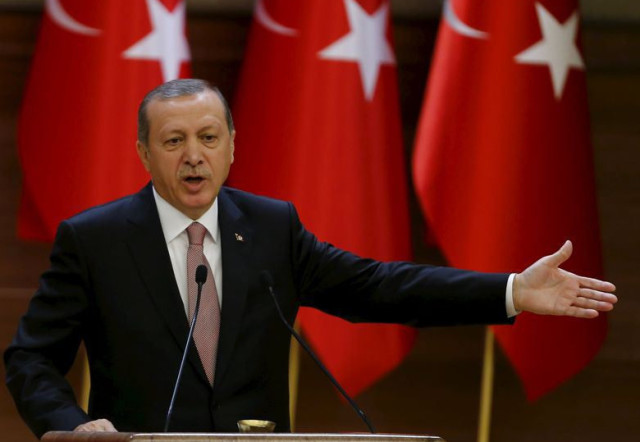
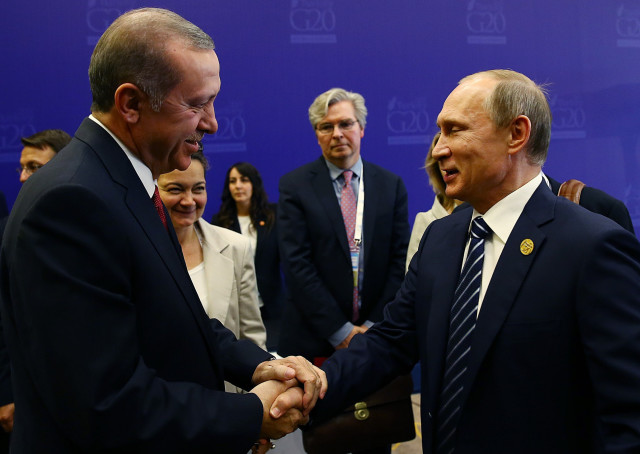
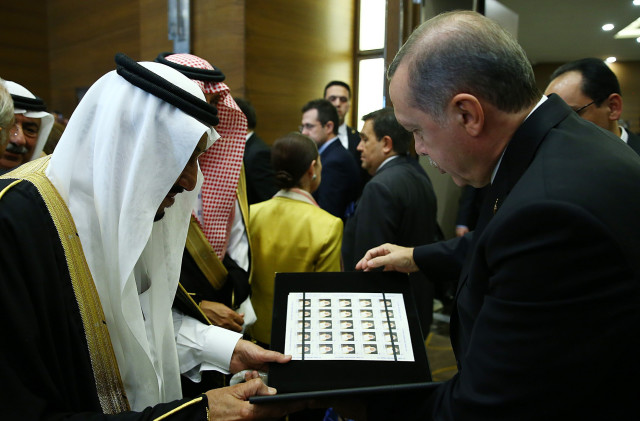
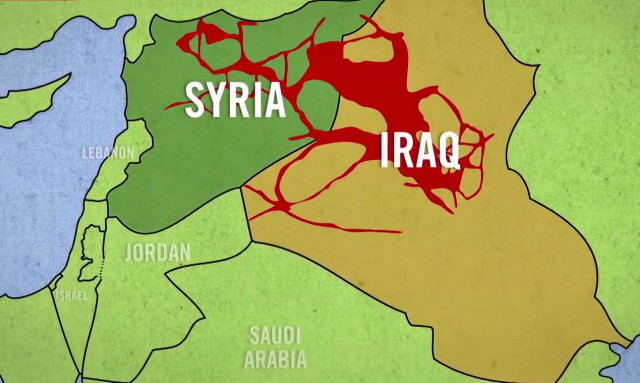
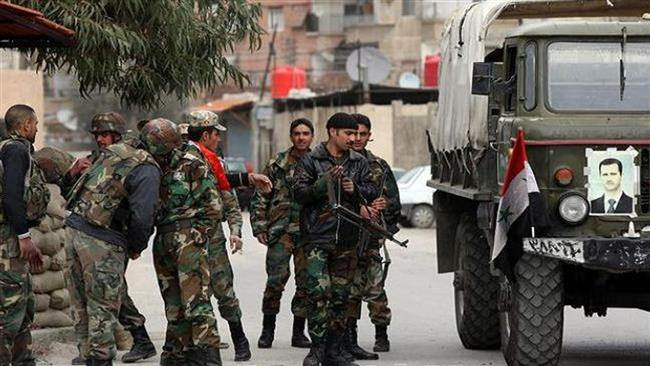
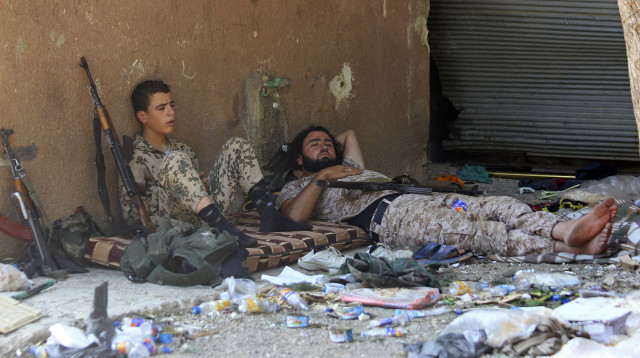
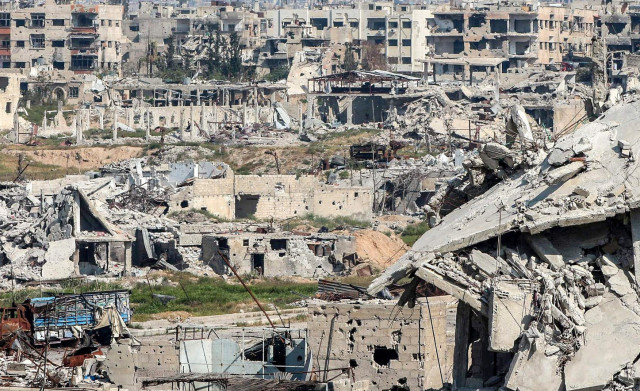











3 Responses to Will Turkey Be Kicked Out of NATO?
You must be logged in to post a comment Login